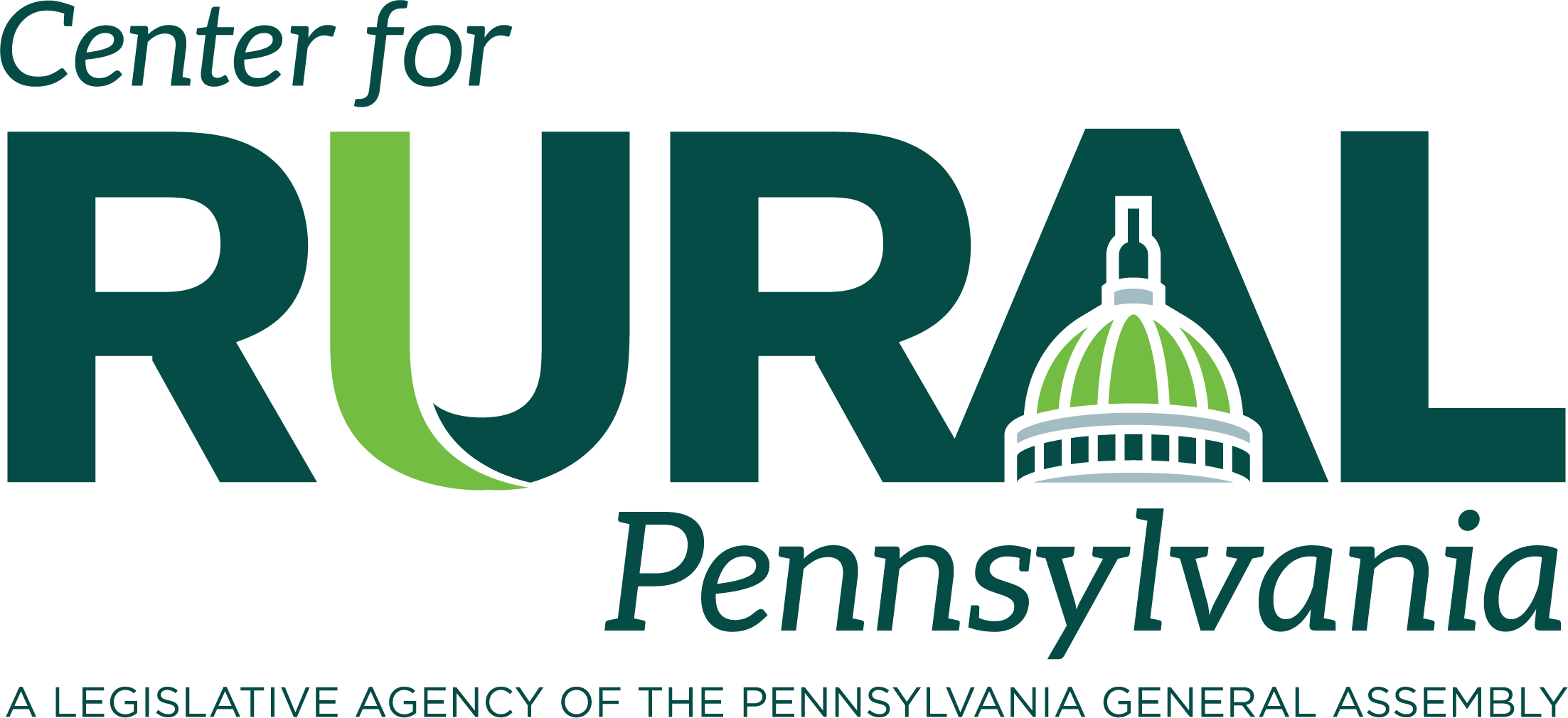On March 27, the U.S. Department of Health and Human Services (HHS) announced a dramatic restructuring in accordance with President Trump’s Executive Order, “Implementing the President’s ‘Department of Government Efficiency’ Workforce Optimization Initiative.” Reductions in Force (RIFs) started last Friday March 28. Here is some information that has been gleaned from media reports and interactions with current and former HHS staff:
· Total RIFs at large agencies: HHS did announce that it planned to reduce:
o 2,400 full-time jobs at the CDC,
o 3,500 jobs at the FDA,
o 1,200 at the NIH, and
o 300 at the CMS. This included the entire staff of the Office of Equal Opportunity and Civil Rights.
No details were announced about what functions would be impacted by these RIFs. Also, these figures suggest that roughly 2,600 FTEs were let go at smaller agencies such as HRSA, SAMHSA, and AHRQ.
· Reports suggest that up to one third of HRSA staff were let go. According to Politico, as many as 500 to 600 people from HRSA were let go. Trade publication Government Executive also reported that about a third of HRSA staff got RIF notices. In 2024, HRSA reported having 2,749 FTEs.
· Two offices within BPHC were eliminated entirely. All staff from the following BPHC offices were let go:
o The Office of Strategic Business Operations (OSBO), which supports BPHC operations around internal/external communications, including the BPHC Contact Form, the HRSA GeoCareNavigator, IT, strategic planning, professional development, EHB, BPHC website, etc.
o The Office of Health Center Investment Oversight (OHCIO), which oversees all “supplemental” CHC funding.
· Five HHS Regional Offices were eliminated in their entirety. All staff at the Boston, New York, Chicago, San Francisco, and Seattle offices received RIF notices this week. While the regional offices in Philadelphia, Atlanta, Dallas, Kansas City, and Denver will remain open, it is not yet clear what states they will each work with.
We will continue to update members about the changes at HHS, HRSA, and BPHC as we become aware of them. If you have questions or learn information, contact Eric Kiehl, PACHC Director of Policy and Partnership.


 On April 8, 2025, the Center for Rural Pennsylvania Board of Directors held a public hearing at the Capitol Building in Harrisburg to advance awareness and support for rural mental health. The hearing brought together lawmakers, mental healthcare professionals, and community leaders to discuss ongoing challenges and potential solutions related to mental health care in rural Pennsylvania.
On April 8, 2025, the Center for Rural Pennsylvania Board of Directors held a public hearing at the Capitol Building in Harrisburg to advance awareness and support for rural mental health. The hearing brought together lawmakers, mental healthcare professionals, and community leaders to discuss ongoing challenges and potential solutions related to mental health care in rural Pennsylvania.